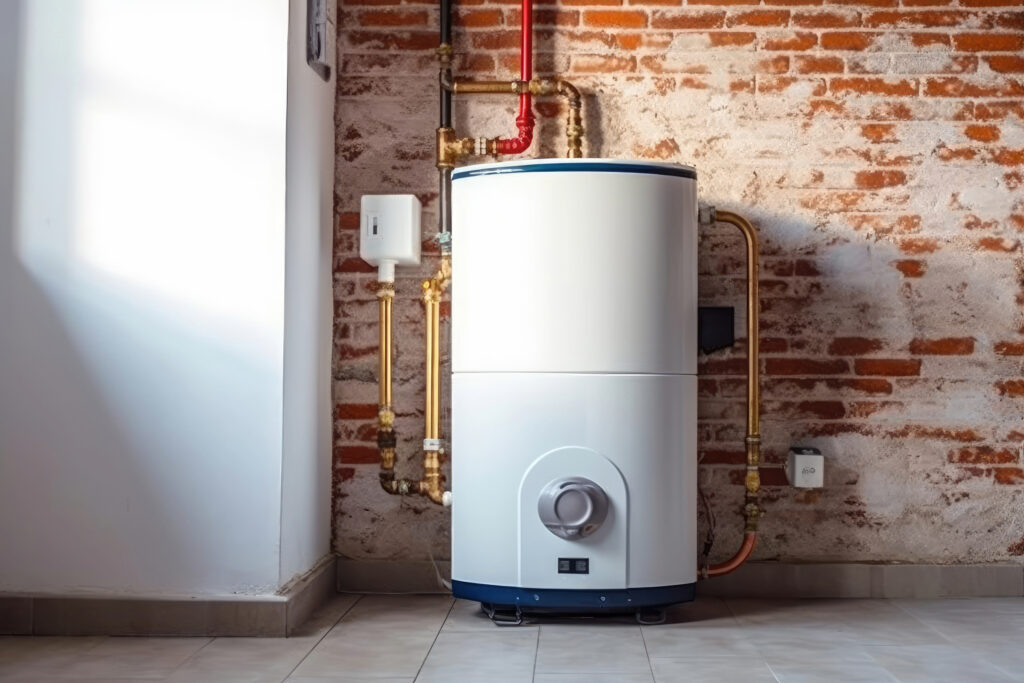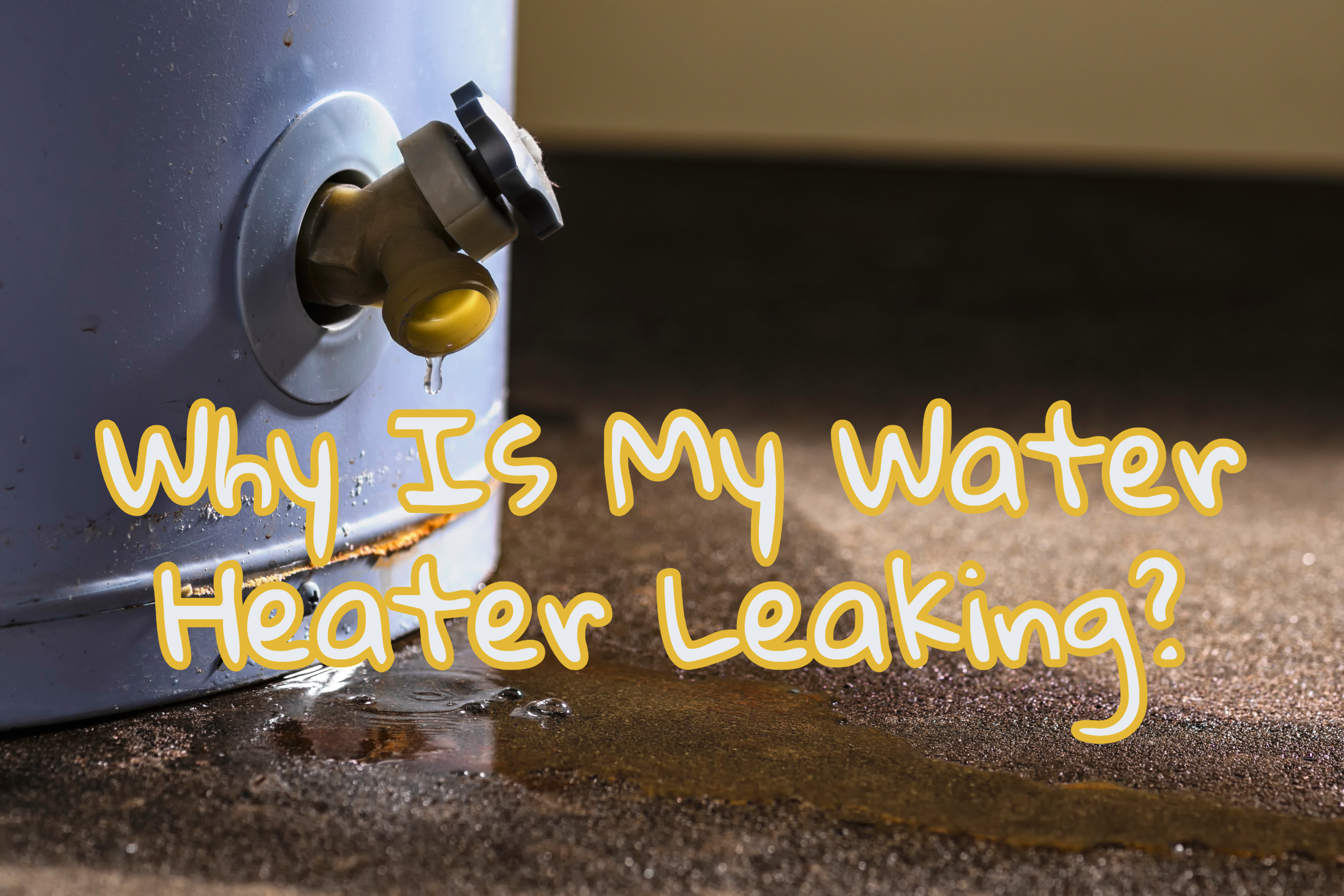A leaking water heater is a significant concern for any attentive homeowner. Not only can it increase water bills, but it may also cause substantial water damage to your home. If you find yourself in this situation, you are likely eager to identify the problem promptly. That’s where we come in. Today, let our experienced team at Lebanon Plumbing & Drain assist you in determining the cause of your water heater leak.
Before we proceed, please remember that your safety is paramount. Always power off the unit before beginning any troubleshooting.

Consider the Cold or Hot Water Inlet and Outlet Connections
One of the primary causes of water heater leaks is loose connections at the hot or cold water inlet and outlet pipes. Over time, these connections can become loose due to regular wear and tear. This is normal, so don’t be alarmed! As a result, water may leak from these points, which can appear as a small puddle around the heater’s base or as drips from the pipes.
To address this issue, carefully inspect the connections around your water heater. If you notice any water, the cause may be loose connections. A simple adjustment with a wrench could resolve the problem, but be cautious not to overtighten, as this could worsen the situation.
Consider the Pressure Relief Valve
Another potential cause of the water heater leak is a malfunctioning pressure relief valve. This valve is designed to vent excess pressure within the tank. However, if it fails to perform its function properly, it can result in water escaping.
To determine if this valve is the issue, gently lift the valve’s lever. If water flows out, the valve is functioning. However, if it continues to leak after releasing the lever, this indicates that a replacement may be necessary.
Consider the Temperature & Pressure Relief Valve
Similar to other valves, the temperature and pressure (T&P) relief valve can be a potential source of leaks. Responsible for regulating the water heater’s temperature and pressure; a malfunctioning or loose T&P valve could result in leaks. A leaky T&P valve may indicate that the water temperature is too high or that the pressure within the tank is dangerously excessive. Take note that both scenarios require immediate attention.
If you suspect the T&P valve is the issue, inspect the area around the valve for any signs of moisture. If it appears damp or you discover water, replacement may be necessary.
Consider the Inlet Valve
The inlet valve, which acts as the gatekeeper for cold water flow into your water heater, can frequently cause leaks. If this valve is compromised or inadequately sealed, water may escape, often resulting in pooling at the base of the heater. Indicators of a leaking inlet valve include consistent dripping or a noticeable flow of water from the valve area.
To troubleshoot, inspect the inlet valve for any signs of damage or wear. A slight tightening or a potential replacement may be necessary.
Call a Professional Plumber:
If, after completing these basic troubleshooting steps, your water heater continues to leak, it is advisable to contact a professional plumber. Some issues may be too complex for DIY repairs. An experienced plumber can accurately diagnose the problem and recommend a professional solution. This may include part replacements, addressing internal tank issues, or even suggesting a new water heater.
Remember, delaying the repair of a water heater leak will only result in damage to the unit itself or potentially lead to water damage. When encountering a water heater leak that you cannot resolve on your own, it is advisable to contact a professional plumber. Our team of highly skilled plumbers is available to help maintain a safe and comfortable home for you.
Call Lebanon Plumbing & Drain today at (513) 427-2443, or schedule an appointment online now by clicking here!




